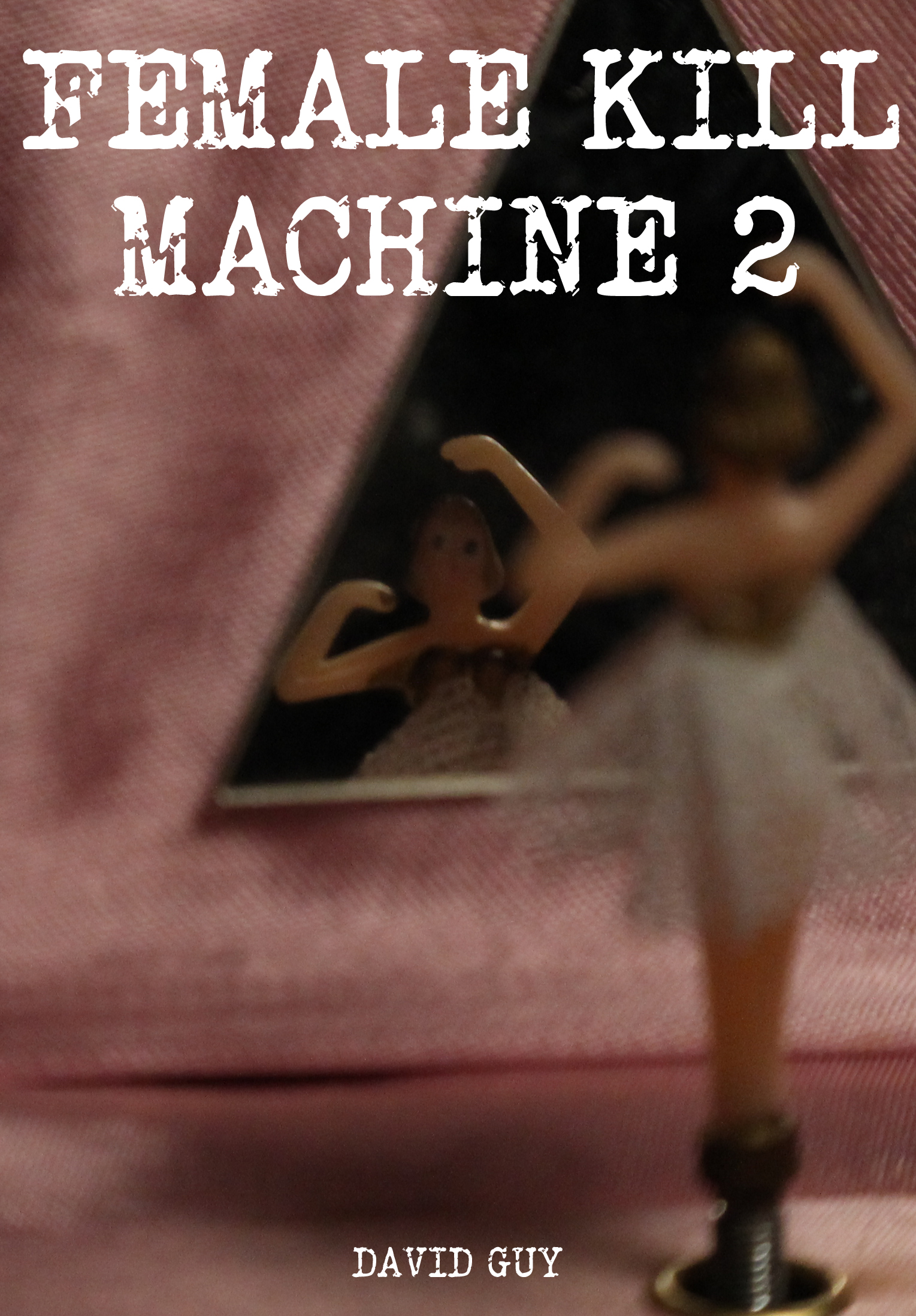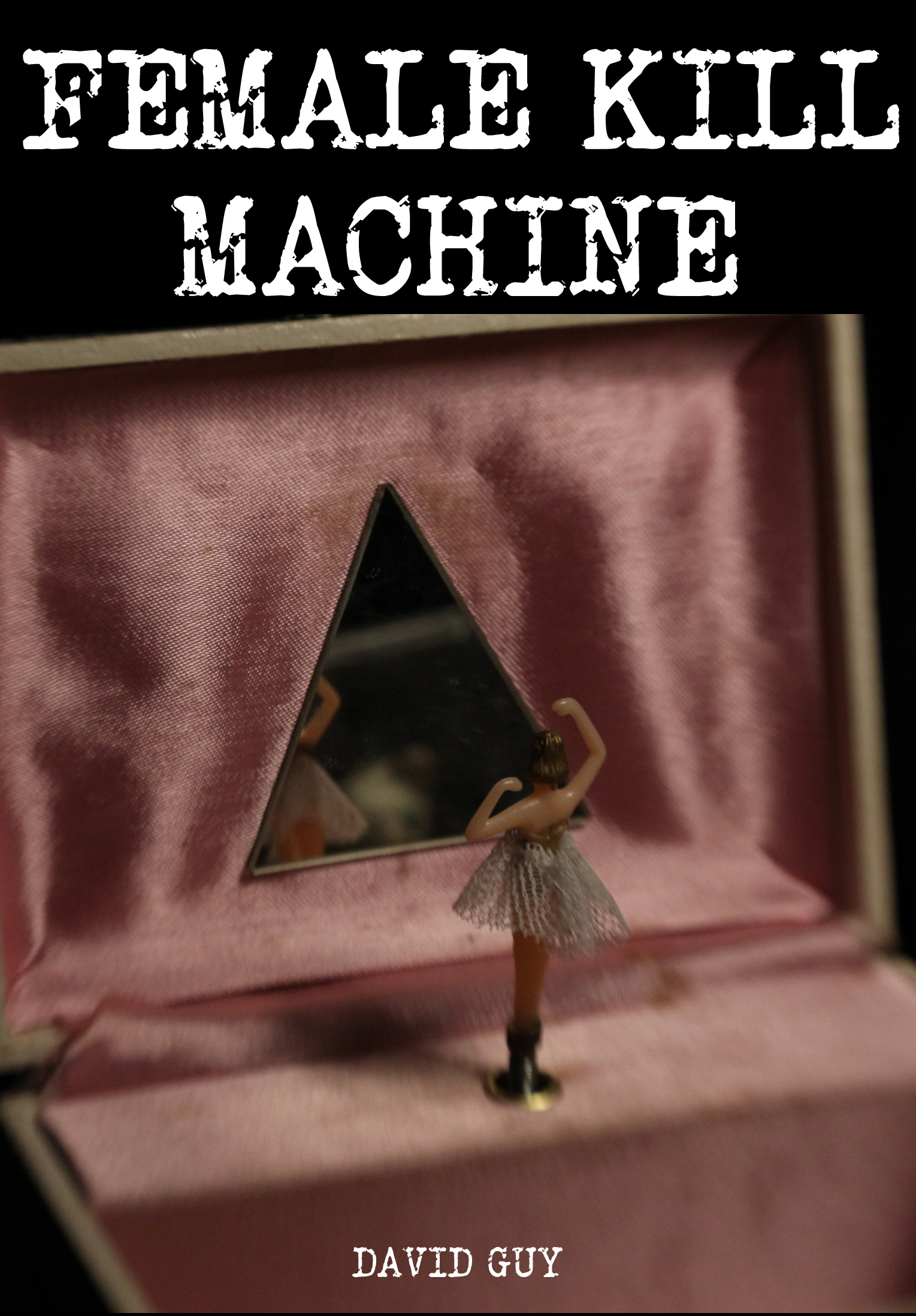We got The Box for Christmas, a joint present for each other. It sits there on the table, pulsing, glowing, trembling, flickering, wrapping paper still spread around it like a nest. We knew The Box was all the rage these days, but we weren’t particularly impressed.
“I don’t see what this does that the The Cube didn’t,” she said. It was her idea to get one so I was feeling kind of vindicated but not an £899 kind of vindicated.
“Or The Vase,” I said.
“This is much better than The fucking Vase,” she said. “That thing was so impractical. One little touch and it’d fall over and spill emergence fluid everywhere. It might have been cheap to buy but it was so expensive to run.”
“Yeah, but it had charm,” I said. I bloody loved The Vase. I really did. “A sort of style you know. And portability. We could take it round your Mums. This Box is just… a box.”
“A stable box that doesn’t run on fucking AAA batteries,” she said.
“But it’s so utilitarian,” I said, sighing wistfully. “Remember when technology was exciting. Now it’s just the same, but newer.”
“At least this doesn’t accidentally merge its extrusions,” she said, shuddering at the memory of some half-remembered Christmas now long past.
“I quite liked merged extrusions,” I said quietly.
“I never want to see a merged extrusion ever again in my life,” she said.
I hoped one day soon they’d bring The Vase back as a retro thing, merged extrusions and all. I’d have to keep it hidden away somewhere she’d never find it, but yeah, it could work. They were pretty portable after all.
__________
Notes:
1. Written on 19th October, 2022
__________
